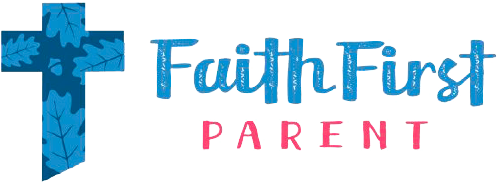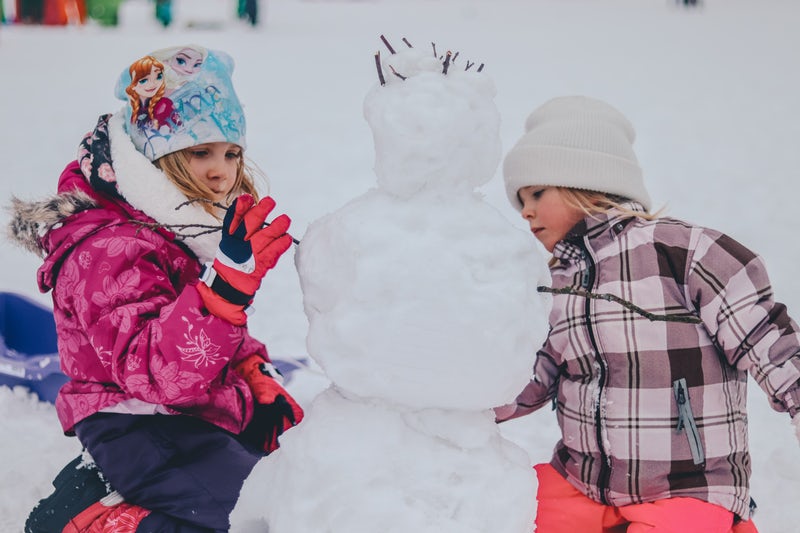Play is Practice for Life Skills: Preschool
According to Fred Rogers, minister, television personality, and author, “Play gives children a chance to practice what they are learning.” When children play, they are practicing and learning about new skills and concepts. Playtime puts these life skills into practice.
Preschool play-based programs are incredibly beneficial for young children, integrating playtime to incorporate intentional and systematic learning experiences. Because specific instructional methods are used in instruction, guided play, and free play learning outcomes are introduced, coached, and practiced. Specific outcomes are associated with both free play and guided play activities in the classroom and relate to the overall learning objective.
Here are four characteristics defining a comprehensive play program.
- Children are actively taking part in the play activity rather than taking passive roles.
- The play experiences are meaningful, relating to learner outcomes.
- Engaging play stations and activities encourage children to be attentive.
- Socially interactive play allows children to work with others, improving relational skills.
Watch for the specific learning outcomes (goals) on your child’s newsletter or monthly calendar. Take time to talk to the teacher to find out what new concepts and skills are being taught in the classroom. Expand the learning at home to allow your child to practice through playtime. The time you spend with your child, interacting and practicing the skills, will aid in mastery. Encourage siblings to join in, further extending the concepts and skills.
© 2018 Becky Danielson. All rights reserved.
If this post is encouraging, please take a moment to subscribe to the Faith First Parent e-newsletter, join in the conversation on the Facebook page or share the post with a friend.

